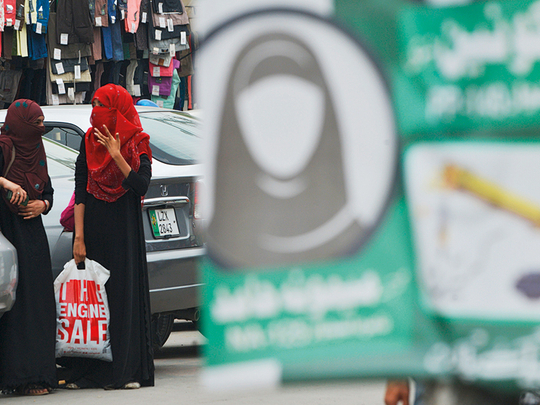
Islamabad: Pakistan is going to the polls on July 25, 2018 and the impending vote has stirred not only political workers and candidates into a great frenzy but the general public too appears highly polarised.
The conviction of former prime minister and leader of the Pakistan Muslim League-Nawaz (PML-N) Nawaz Sharif, his daughter Maryam Nawaz, and son-in-law Mohammad Safdar has politicised the masses “for” and “against” the Sharifs. According to independent analysts, the surcharged political scene seems to have pulled the masses into its orbit as never before.
Imran Khan, chairman of the Pakistan Tehreek-e-Insaf (PTI) party, too, is no exception and is being criticised for capitalising on Nawaz Sharif’s conviction and failing to project development works in Khyber Pakhtunkhwa where his party remained in power from 2013 to 2018.
Against this backdrop, the upcoming elections are being dubbed as the mother of all elections and a game changer for the future of the country. But at the same time, these elections are no different from 2013 with regard to the participation of women voters. According to one estimate, over 10 million women above 18 years of age are going to miss out on their right to vote in these polls thus leaving a big question mark on the authenticity and veracity of the entire process of electioneering.
According to 2017 census, women make up half of the country’s 200 million population but the National Database and Registration Authority (Nadra) statistics show that out of 97 million registered voters, only 43 million are women, while 55.6 million are male voters. Thus the gender electoral gap stands at 12.5 million, which speaks volumes for the government’s incompetence in helping bring women into the mainstream. In the 2013 elections, the gender electoral gap was 10.97 million.
43m women voters compared to 55.6 million men |
The CEO of the Free And Fair Election Network (Fafen), Mudassir Rizvi, says Article 25 of the 1973 constitution of Pakistan guarantees equal rights to all citizens without discrimination between men and women. He was of the view that increasing women’s participation in every aspect of Pakistan’s elections — as candidates, voters, election officials, polling agents, security officials and in every other role — is essential for meaningful and credible elections that represent the will of the people.
There are a number of factors involved in keeping women out of the election process. One limiting factor is that they often don’t possess valid Computerised National Identity Cards (CNIC), a must for casting one’s vote. For a woman living in a tribal area or in Balochistan, getting a CNIC can be quite an ordeal.
In Khyber Pakhtunkhwa, particularly in the Dir and Swat regions, there are complaints that women are not being encouraged to register their vote and this decision is often taken by male folk acting by consensus.
Similarly, Balochistan, interior Sindh and southern Punjab’s tribal belt also don’t provide a conducive environment to women to exercise their right to vote. The feudal system existing in Punjab’s southern parts is yet another hindrance to women’s participation in the election process.
Speaking to Gulf News, Additional Director General (Gender Affairs) of the Election Commission of Pakistan (ECP), Nighat Siddique, admitted that, as per rough estimates, more than 12.70 million women across the country were not on the electoral rolls.
The ECP, with its limited resources and less than 2,000 staff members all over the country is in no position to do a door-to-door survey.
However, she said that the ECP has, in the last four months, with the help of Nadra and organisations like Pattan, Fafen and civil society groups, launched a campaign in all the 103 districts of the country and sent data of 1.6 to 1.7 million women to Nadra and helped them register as voters. She called upon the public representatives, particularly the suspended lady councillors, to “now convince those voters to exercise their right of vote.”
It was pointed out by the lady representatives of Islamabad that awareness was a serious issue even in the federal capital and, in all the 50 Union Councils of Islamabad, a large number of women were not registered as voters despite the fact that they possessed valid CNICs.












